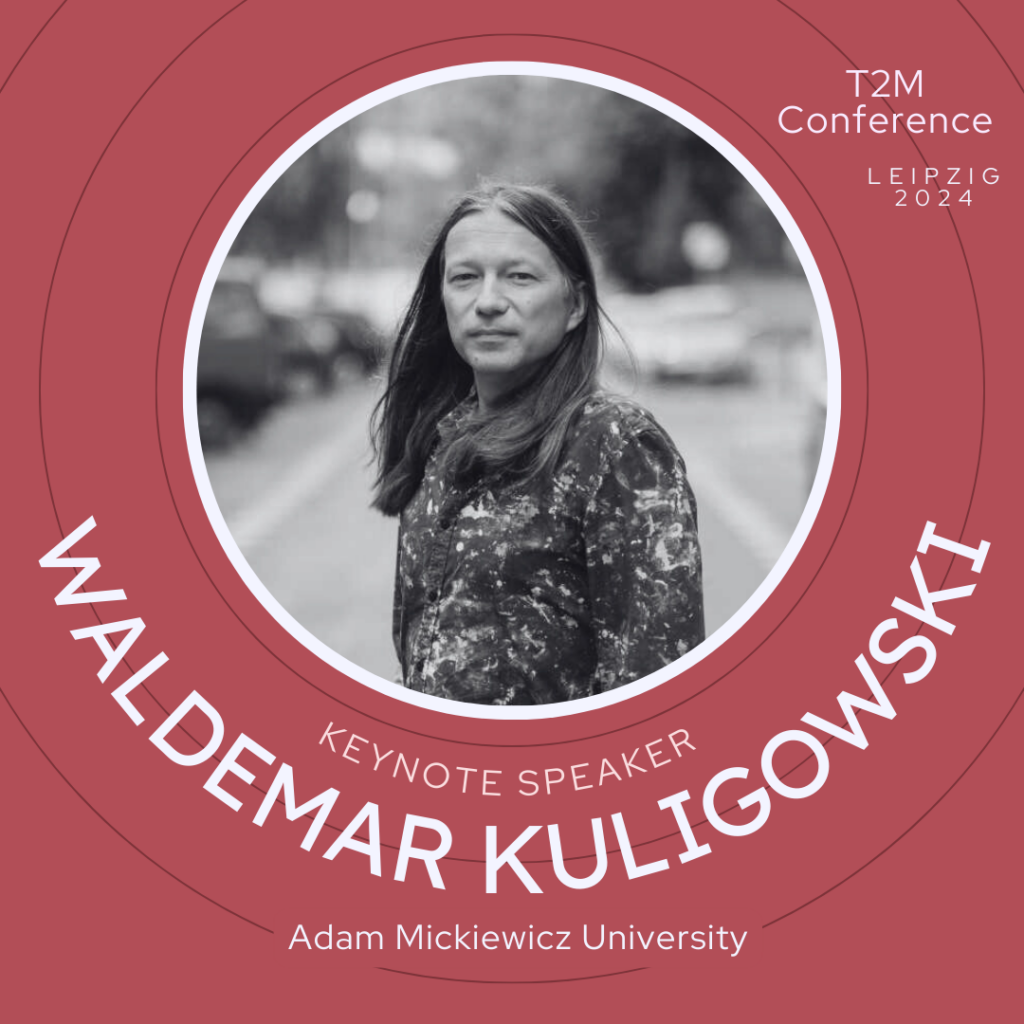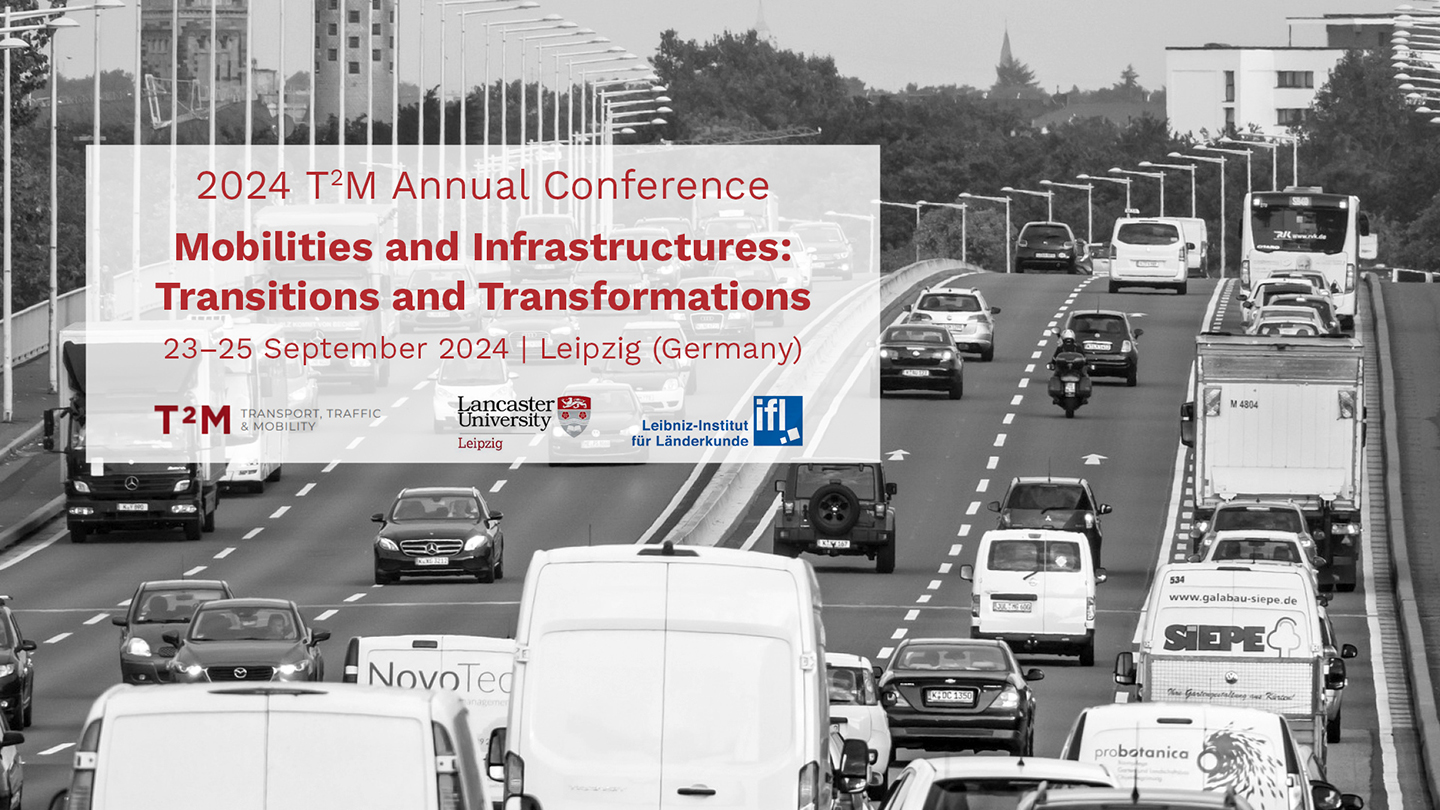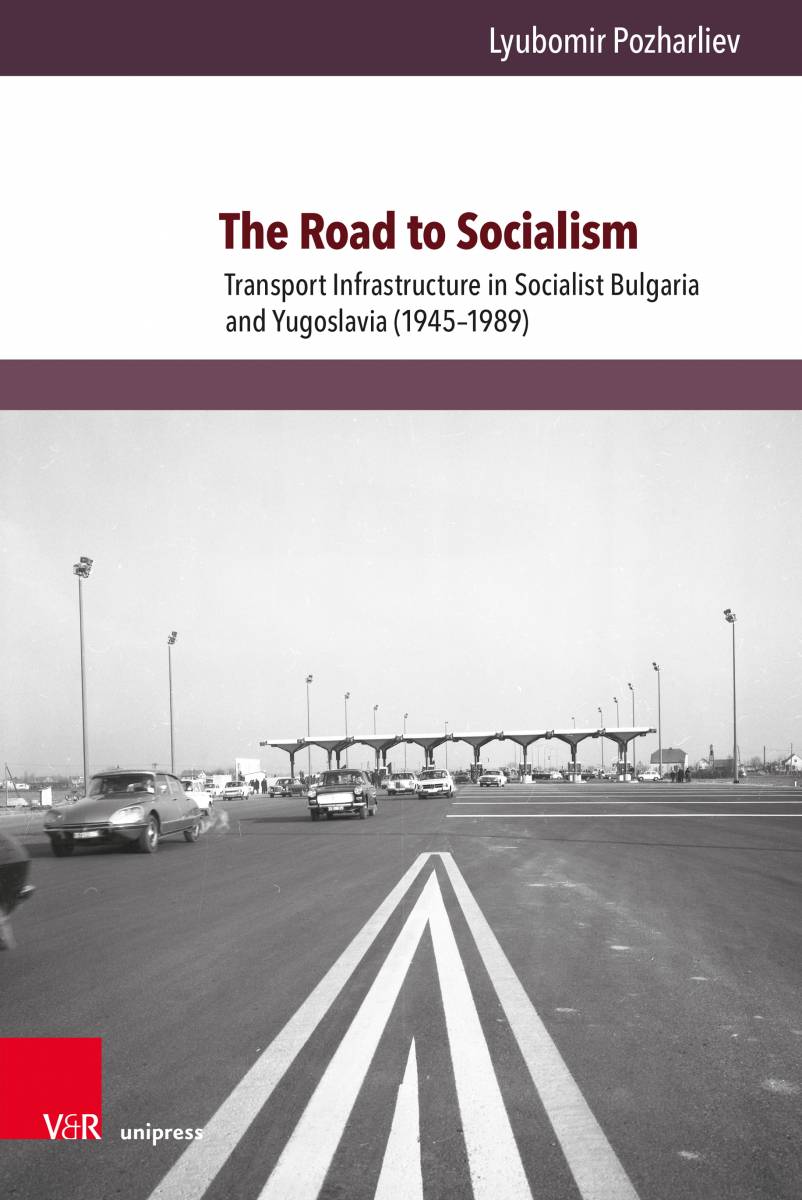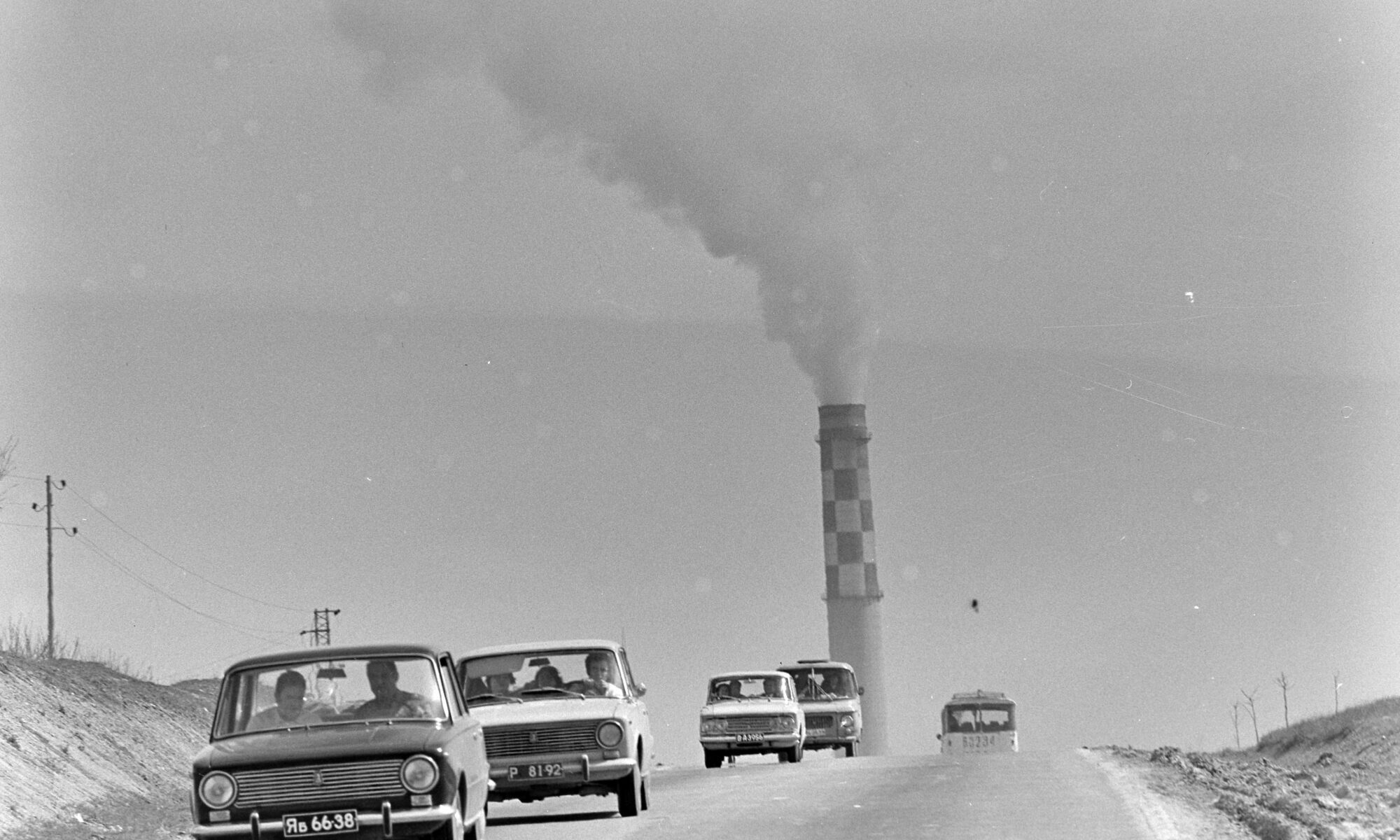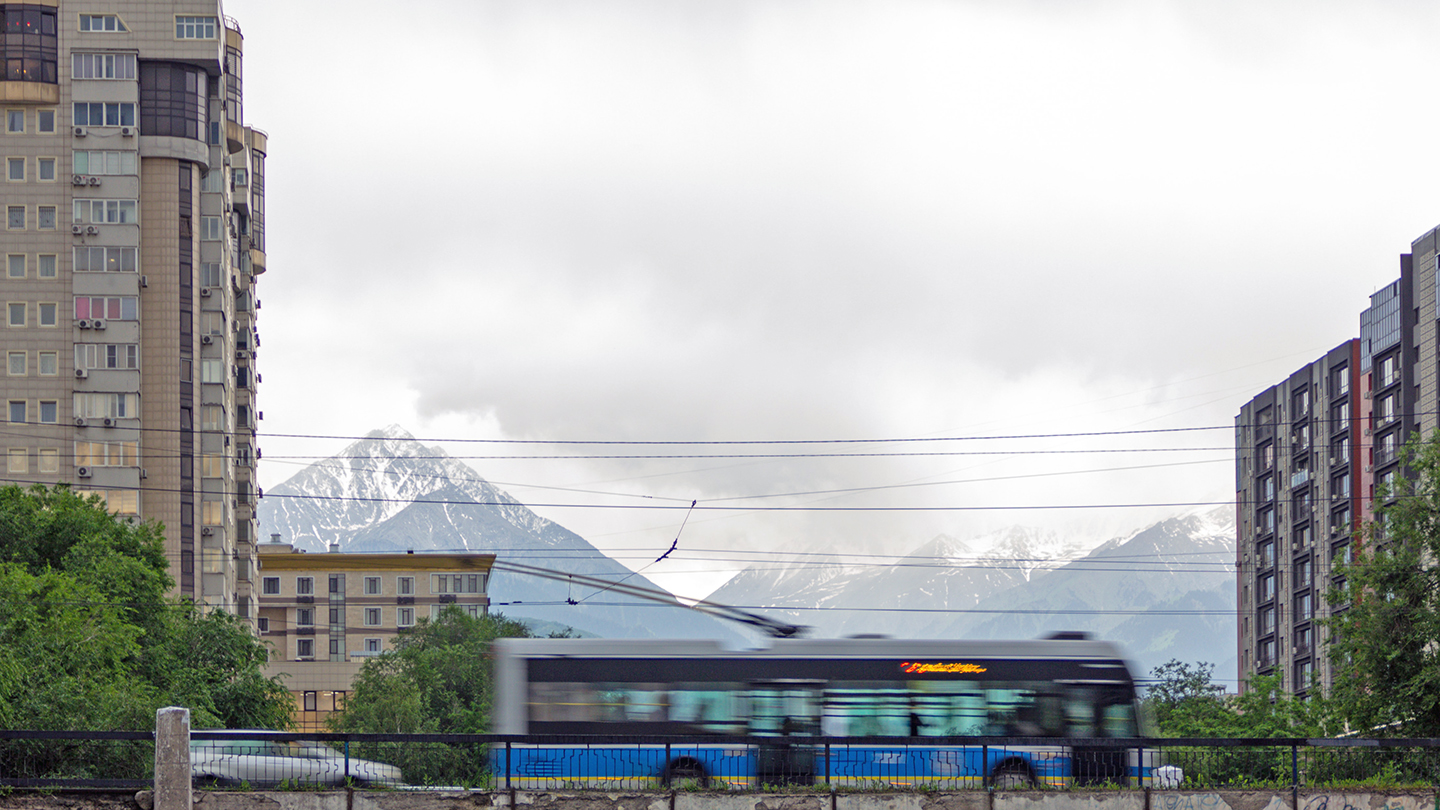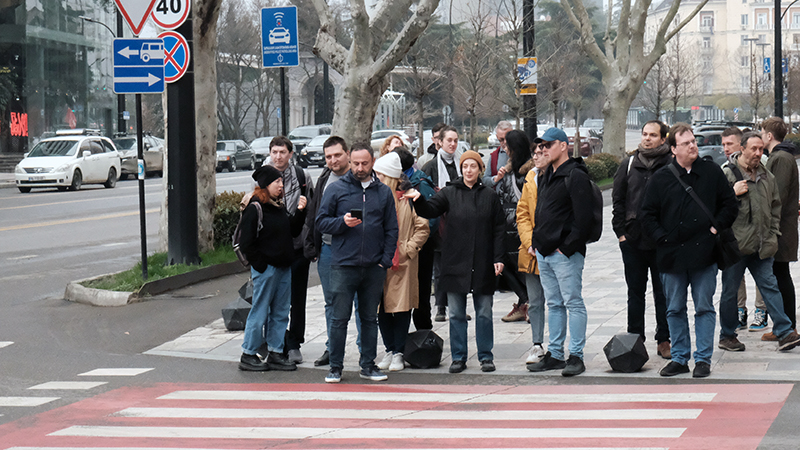4th CASNiG Annual Conference 23-24 November 2023 at the IfL / Invitation and Call for Papers
The fourth annual CASNiG conference, organised by the CoMoDe research group and the Central Asian Studies Network in Germany, will take place in Leipzig, featuring a bright focus on the wide and multifaceted field of mobilities and the emerging global interconnectedness.
Mobility of people, goods, and ideas has been a central feature of research in and on Central Asia – from nomadic societies to post-independence labour migration; from the spread of Islamic religious practices to large infrastructure-led modernisation and connectivity projects, most notably under the Belt and Road Initiative. The Russian Empire and the Soviet Union have deeply shaped the region’s mobility infrastructures and paradigms, as did the post-Soviet period of regional disintegration and economic constraints, as well as recent globalised, financialised and extractivist large-scale development-through-infrastructures endeavours.
For the upcoming conference, we conceive spatial mobility in its broadest terms, and include the multilayered and multiscalar, contemporary and historical mobility of people, goods, concepts, value(s), practices, information and data. Everyday movements, commuting, in- and outmigration, access to and negotiations of mobility regimes, infrastructures which enable or preclude mobility, and biographical approaches to migration decisions are all crucial aspects of what dynamically shapes Central Asian societies, and their interconnectedness within the world. We further address the interdependencies of mobilities and power relations, e.g. with regard to questions of justice, but also the interplay of mobility and socio-spatial processes of inclusion and exclusion, socially embedded norms and gender-specific social practices.
CALL FOR PAPERS
We welcome topics related – but not limited – to the following ones:
- Mobility infrastructures and modernity discourses;
- Physical and social memories of former systems of connectedness, and the emergence of new ones;
- Modes and forms of production of mobility knowledge;
- Mobility policies, solidarities, negotiations, resistances;
- Mobility history, global(ising) transformation processes (and inequalities)
- Interconnectedness of spatial and social mobility
- Everyday mobility practices;
- Methodological and epistemological considerations in researching mobilities, and mobile research
PRACTICALITIES
Participation in the conference is free of charge. A small contribution to cover catering expenses may be required. The organisers will strive to secure (limited) travel grants and accommodation support.
Please feel welcome to propose scholarly articles and pre-organised sessions, themed workshops, as well as artistic and practice-oriented contributions. We warmly welcome the participation of early career researchers, and will provide space for counselling and networking. We aim to produce a peer-reviewed special issue/edited volume from this conference.
The deadline for submissions of abstracts is 30 July 2023.
Please send the following details as a single PDF file to Stella Marie Köhler (m_koehler(at)leibniz-ifl.de), whom you can also address for all further inquiries related to the conference.
- Title;
- Abstract of your contribution (max. 250 words);
- Brief bio (max. 250 words);
- Contact information (name, affiliation, email address);
- Expression of interest in co-editing a follow-up publication.
Full draft conference papers should be submitted by 20 October 2023, at the latest.
Priority will be given to an on-site event in Leipzig, to facilitate post-pandemic exchange and network building. Hybrid options shall be evaluated in case of possible travel restrictions. The working language of the conference is English. Please approach us if you would like to hold your presentation in another language.
CONTACT
Wladimir Sgibnev | W_Sgibnev(at)leibniz-ifl.de
Stella Marie Köhler | m_koehler(at)leibniz-ifl.de
